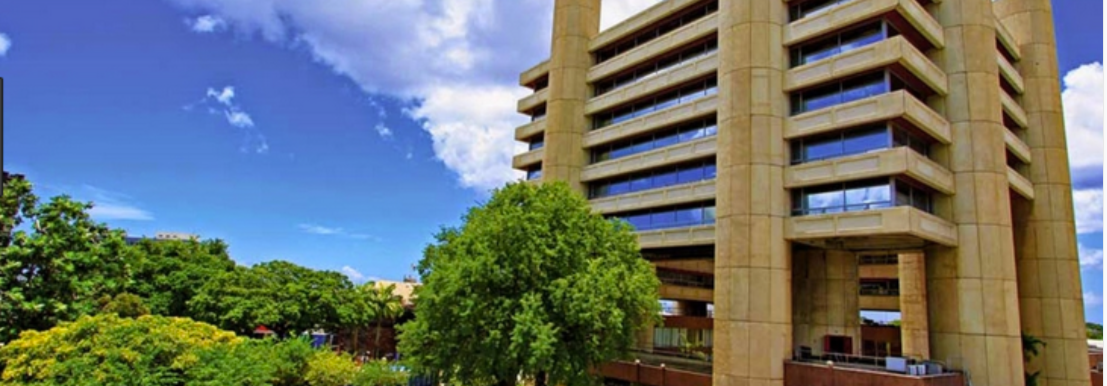115 responses to “Barbados’ Economy Continues to Grow”
-
Is this concern REALLY about Debt? or is it more about the financial maturity that is needed to read and understand the contracts that we sign? …or is it competence that is of concern
-
I congratulate our honourable government for this great economic growth and wish them well on May Day, the Barbados Liberal Party’s day of action.
Tron, Herald of the New Republic
-
Dey laughing at weee.
“Interest payments were $150.3 million higher due to rising interest rates on external floating-rate loans and the step-up feature of the restructured domestic bonds”
The GoB CREATED the restructured Bonds? They had to know exactly WHEN and the COST of the step-up features. Hence to attribute higher payments, THAN COULD HAVE BEEN PROJECTED, is a bold faced misrepresentation.
I have stated elsewhere, the projections for the forthcoming year ’23-24 are TOO LOW in terms of Debt servicing costs. While I can appreciate getting caught off-guard by rising rates in ’22-23 (so did SVB and Republic Bank???), come Projections for the current year, one had to know rates were higher and STAYING THERE for the length of the projected period.
It is shocking, that after the CBB Quarterly review, 2 days later, the CBB posted an Outlook for the Barbados Economy
http://www.centralbank.org.bb/news/article/11257/outlook-for-the-barbados-economy
And NOWHERE therein, is the risk of higher interest rates even mentioned?
At the level of borrowing that can financially wipe out 50,000 tourist arrivals in one swoop?
Subsequently, can we expect NOT TO HEAR next year that interest rate hikes caused an “unprojected expense”? That they have been fully accounted for in ’23-24 projections.
Or are the projections being wilfully misprojected, such that computed outcomes are “consistent with BERT 2022″ to keep that fund line open?
Kudos at least, for publicly acknowledging the massive impact these interest hikes will, and have had. This is the flip side of getting nuff money at the ‘lowest possible rate”, when those rates double, triple and quadruple, and you have committed yourself to the variable rate regime. -
HOW TO SOLVE THE 2 X 3 ISLAND MONKEY PROBLEM WHILST CUTTING DOWN ON MEAT BILL.
-
@ David
Any reason why you choose to always quote Robinson, rather than say Howard? …who has been saying this all along? (At least Howard did not expose his ineptness on so many high level Boards etc…)
…not to mention Bushie – whose basic household economics CLEARLY tell us that spending more than we are earning is a SURE PATH to poverty and serfdom.Only a jackass can seriously think that ‘developmental challenges’ can be solved by access to soft loans…
and only a brass bowl JA would borrow such funds on the HOPE that interest rates would remain low….What hinder what growth what??!!
Boss…
Our asses are effectively grassed…. -
Boss…
Any opportunity to put some licks in a CaveHill economist’s (whatever the Hell THAT is) donkey – will be taken by the Bushman… LOLIf the Blogmaster finds himself in the way, then woe betide HIS burro…
Bushie does NOT judge by academic, mumbo -jumbo, shiite words written AFTER every Tom Dick and Mike have already publicly pontificated…. BUT by actual performance, .. when he was a ‘big-up’ at the Central Bank, NIS etc.
-
Forgive me if I am wrong.
Mr Ralph Jemmott gave an excellent analysis of the “Missions” statement to nowhere, but I did not see it reproduced on BU.I am on standby to defend the blogmaster if he is being messed with. On the other hand if he is wearing his pink party panties …
-
Wouldn’t touch those bonds even with your money 🤑🤑🤑





Leave a Reply to PachamamaCancel reply